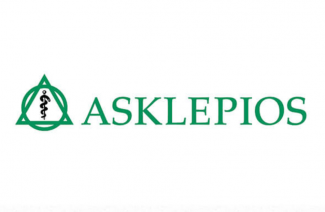Gulliver
Exposing corporate wrongdoing
Type the name of a company in the search box below. To conduct a wider search, please pick from one (or more) of the drop down menus below.
Amazon
Amazon is a retail behemoth whose real business is data – Big Data. Founded by Jeff Bezos in 1994, the company relentlessly gathers data every time an individual uses its website or its voice assistant in order to be able to sell more stuff. It is infamous for its use of low paid warehouse workers and delivery drivers who are tasked with delivering a wide variety of products to online shoppers. The company has spent millions to prevent these workers from organizing but in a historic first, workers at Amazon’s JFK8 warehouse in Staten Island, New York, voted to unionize in April 2022.
Asklepios Kliniken
Asklepios Kliniken is a major hospital operator in Germany. Founded by billionaire Bernard Broermann in 1984 to capitalize on the privatization of government healthcare facilities, Asklepios recently expanded into the luxury hotel sector with the purchase of three Kempinski hotels. It has been the subject of multiple investigations and faced lawsuits as well as protests for failing to provide services that it promised when it bought up hospitals at below market value. For example, at the end of 2019, Asklepios closed a children’s ward in the small town of Parchim in Mecklenburg-Western Pomerania, obliging residents to travel 50 kilometers to get to the nearest medical facility. Goslar district in Lower Saxony sued Asklepios Kliniken for €20 million in 2019 for failing to guarantee inpatient and emergency care at the Clausthal-Zellerfeld hospital. This has brought up debates of whether privatization of government-owned clinics was helpful or not, with unions and social movements calling for the re-municipilization of Asklepios clinics on multiple occasions.

